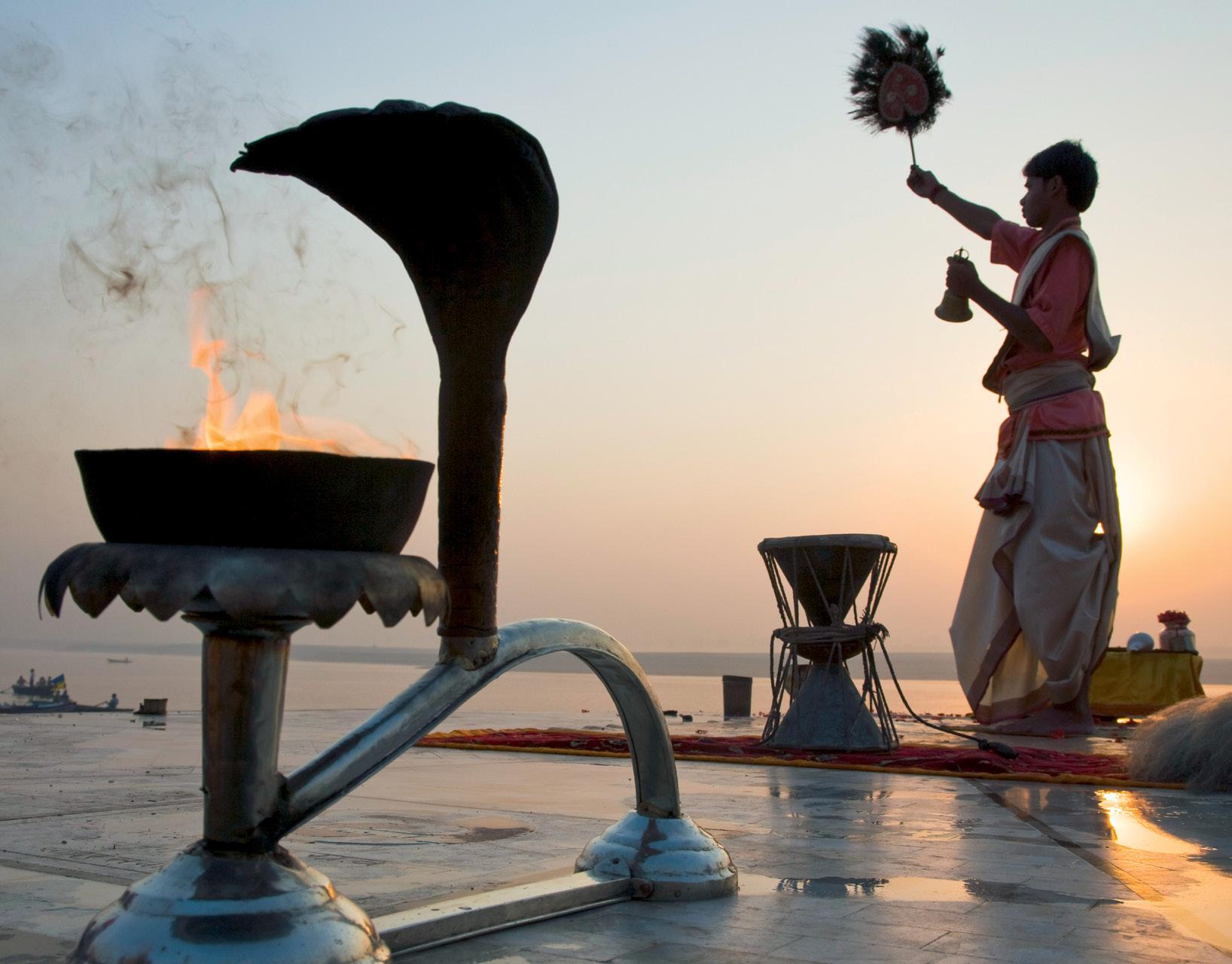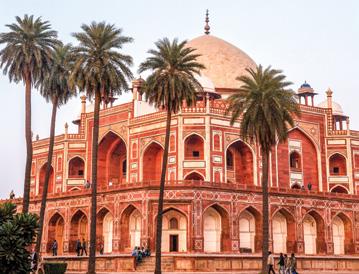
1 minute read
The jewels in the crown of the British Empire
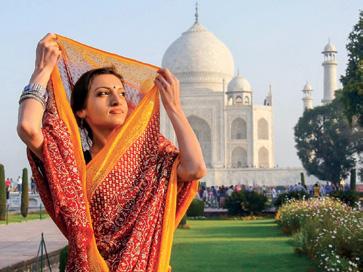
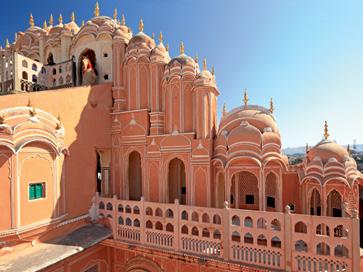
Advertisement
New Delhi’s Humayun’s Tomb
Built in the 16th century by Emperor Humayun’s grief-stricken wife, this immense red sandstone and white marble structure—India’s first garden-tomb—inspired the Taj Mahal with its perfect symmetry, peaceful atmosphere, and fountains and pools A UNESCO World Heritage Site, it is New Delhi’s most visited attraction
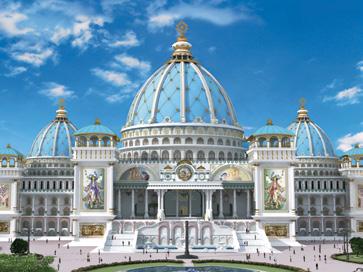
▲ Artist’s rendering
Agra’s Taj Mahal
The world’s most sublime monument to love, this white marble tomb—built by Emperor Shah Jahan in memory of his wife—is almost unspeakably beautiful, especially when viewed at sunrise and sunset Aptly described as “an elegy in marble,” the Taj is a cultural treasure, one of the New Seven Wonders of the World
Jaipur’s City Palace
The regal and romantic Pink City of Jaipur is the gateway to Rajasthan, famous for its imposing forts, labyrinthine bazaars and pastel-colored palaces Of these, City Palace—the residence of Jaipur’s former royal family—is one of the most magnificent, with lovely courtyards, fountains and gardens
Mayapur’s Temple of the Vedic Planetarium
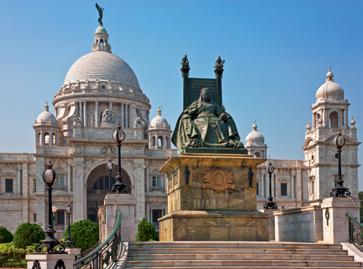
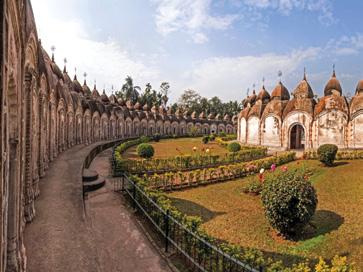
The village of Mayapur—birthplace of the founder of the Hare Krishna movement—is also home to the Temple of the Vedic Planetarium Currently under construction, this enormous temple is designed to make traditional Vedic philosophy accessible to everyone
Kolkata’s colonial architecture
Kolkata has some of India’s finest examples of colonial-era architecture, such as the stark white edifice of Victoria Memorial Hall and the massive red brick Writers’ Building, once used to house the British East India Company’s clerical staff
Kalna’s Rajbari temples
Often referred to as “Temple City,” Kalna’s Rajbari complex has the region’s densest concentration of temples, including 108 intricately carved structures devoted to the Hindu god Shiva One of the best is the Pratapeshwar Temple, decorated with richly detailed terra-cotta plaques depicting scenes from Hindu mythology
